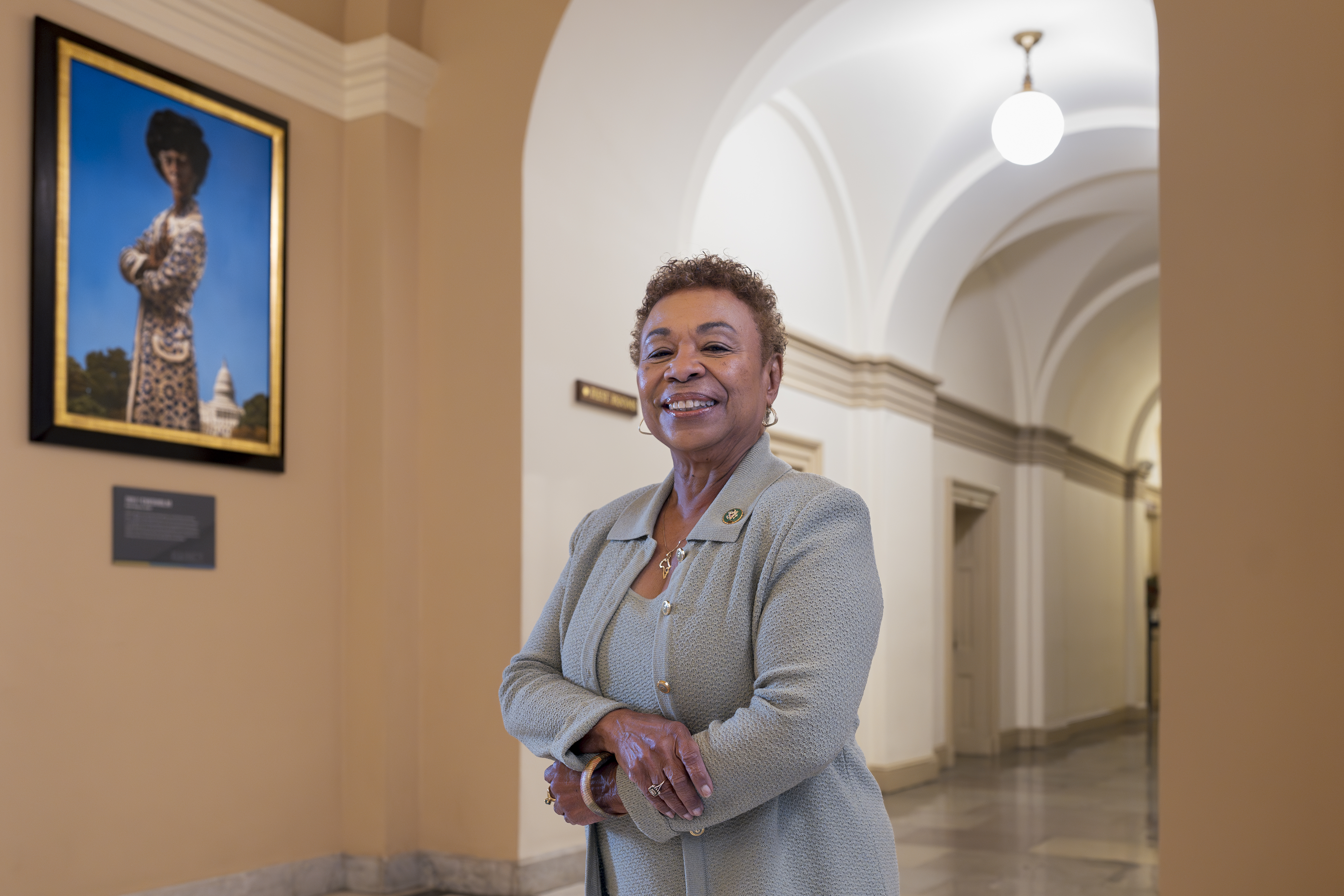
Members of the Congressional Black Caucus left a meeting Thursday with President Joe Biden and Vice President Kamala Harris with an agreement on how to address the issue of policing in America after the recent killing of Tyre Nichols.
“We have agreement on how we will continue to work forward both from a legislative standpoint as well as executive and community-based solutions, but the focus will always be on public safety,” Rep. Steven Horsford of Nevada, the chairman of the Black Caucus, told reporters later Thursday.
Also at the White House were Sens. Raphael Warnock of Georgia and Cory Booker of New Jersey — two of the three Black senators — and Reps. Sheila Jackson Lee of Texas, Jim Clyburn of South Carolina and Joe Neguse of Colorado.
The group of Black lawmakers did not disclose details about the agreement made in the room but said there will be more information about the “legislative package” in the days ahead.
“This is going to require all of us, including Republicans, to get across the finish line,” Horsford said.
Before the meeting began, Biden said his hope was that “this dark memory spurs some action that we’ve all been fighting for.”
At Nichols' funeral Wednesday in Memphis, Tennessee, Harris said the White House would settle for nothing less than ambitious legislation to address police brutality.
Politics
“We should not delay. And we will not be denied," Harris said. "It is nonnegotiable.”
Bipartisan efforts in Congress to reach an agreement on policing legislation stalled more than a year ago, and Biden ended up signing an executive order named for George Floyd, whose murder at the hands of Minneapolis police set off nationwide protests nearly three years ago.
Get a weekly recap of the latest San Francisco Bay Area housing news. >Sign up for NBC Bay Area’s Housing Deconstructed newsletter.
Even some political allies of Biden are frustrated with what they view as his excess caution on the issue.
“I think the president is missing the opportunity to be a historic president when it comes to the social issues that continue to plague our country," said Rep. Jamaal Bowman, D-N.Y. “That’s what we need.”
Bowman described Biden as “a champion of the status quo in many ways” and said Biden needs to be “a champion of a new vision for America.”
The solution, Bowman said, is not “thoughts and prayers, come to the State of the Union after your kid gets killed," a reference to Nichols' mother and stepfather being invited to attend next week's speech.
Jim Pasco, executive director of the Fraternal Order of Police, said he was in touch with the White House last Friday, when video of Nichols' beating became public, about whether the situation could be a catalyst to “get things moving again.”
His organization, the nation's largest police union, had participated in previous attempts to reach a bipartisan deal, and Pasco said “we welcome any constructive effort to help us do our jobs better.” The union's president, Patrick Yoes, has condemned Nichols' killing and said that “our entire country needs to see justice done — swiftly and surely."
Pasco said “we’re kind of in a wait-and-see mode right now," with Republicans recently regaining control of the House, making legislative progress much harder. “You’ve got to look at the political realities here,” he said.
House Speaker Kevin McCarthy, R-Calif., on Thursday signaled an openness to discussing the issue.
South Carolina Sen. Tim Scott, the sole Black Republican senator, said resurrecting the previous Democratic bill is a “nonstarter.” He has implored Democrats to put aside “tribalism” in order to strike a deal.
“I’ve been working toward common ground solutions that actually have a shot at passing," Scott said. "Solutions to increase funding and training to make sure only the best wear the badge.”
Biden has embraced calls for overhauling how police do their jobs while also emphasizing his longtime support for law enforcement and rejecting proposals to cut money. He was elected with strong support from Black voters and is now preparing a reelection campaign for 2024.
Harris, a former prosecutor and the first person of color to serve as vice president, has faced scrutiny for her approach to police issues.
Marc Morial, president of the National Urban League, said he was encouraged that Harris attended the funeral. "This is what people expect, that you’ll be there for them at a time of need," he said.
Now, Morial said, “we need a substantive response, not a political response where they say, ‘Let’s just pass something.’”
Biden's executive order was the product of negotiations among civil rights leaders and law enforcement organizations. It mostly focuses on federal agencies by requiring them to review and revise policies on the use of force. The administration is also encouraging local departments to participate in a database to track police misconduct.
But steps such as making it easier to sue officers for misconduct allegations have remained elusive. And the White House made it clear Thursday that no executive action taken by the president can substitute for federal legislation.
“We haven’t gotten even a fraction of the changes that are necessary," said Rashad Robinson, president of the activist group Color of Change. "We haven’t gotten the kind of structural change to policing that is required.”



